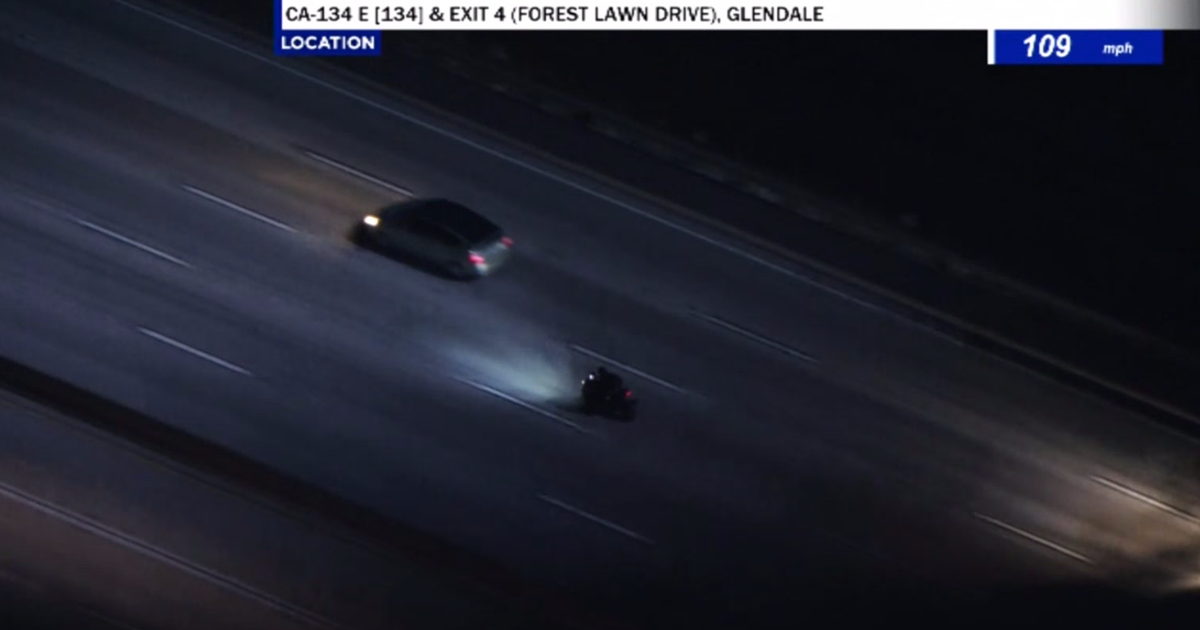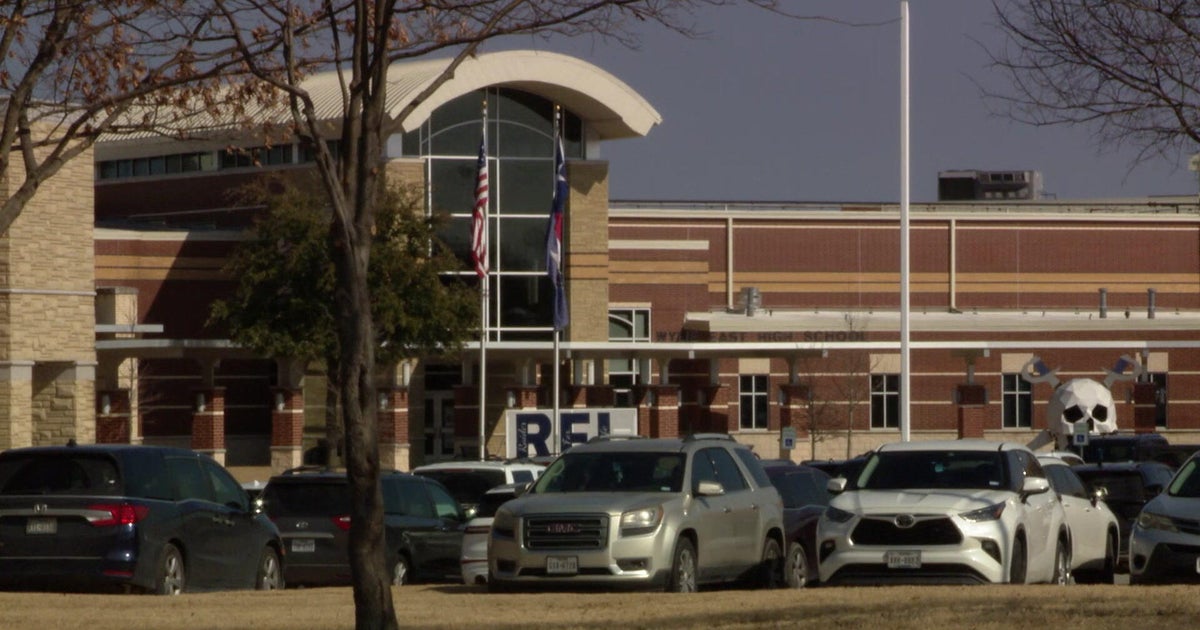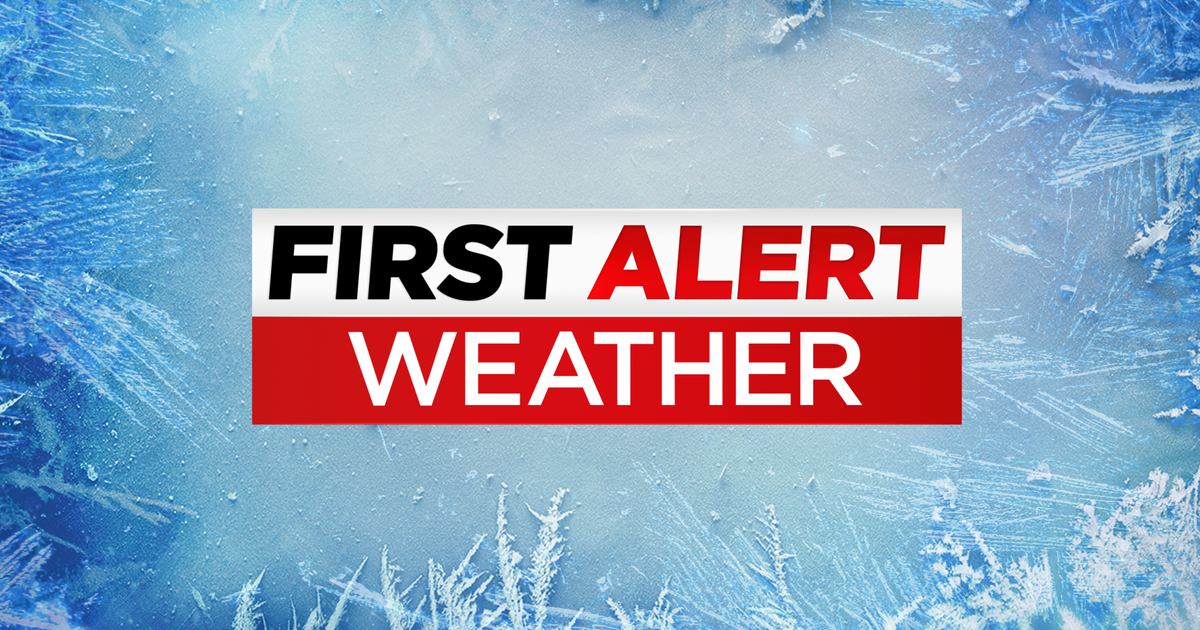Moon Over Miami Eclipse
MIAMI (CBS4) -- 'Twill be nights before Christmas and high overhead, the moon will turn brown or maybe deep red, but it isn't a fire it's but a moon wink, so pull up a chair, and pour yourself a drink.
Celestial gazers in Florida will be able to witness a full lunar eclipse of the moon just days before Christmas and on the eve of Yule, a Pagan religious festival that coincides with Christmas. This is the first time that a full lunar eclipse has coincided with winter solstice in 372 years.
Weather permitting, sky gazers who also are in North and Central America and a tiny sliver of South America will be able to see this year's only total eclipse of the moon.
Western Europe will only see the start of the spectacle while western Asia will catch the tail end.
The moon is normally illuminated by the sun. During a total lunar eclipse, the full moon passes through the shadow created by the Earth blocking the sun's light. Some indirect sunlight will still manage to pierce through and give the moon a ghostly color.
The show begins on early Tuesday, which just happens to be the first day of winter.
Around 1:30 a.m., when the moon appears to be directly over South Florida, it will appear to change colors to shades of orange. Within an hour it will be completely covered. Just before 4 a.m. it will be back to its old shiny self.
With recent volcanic eruptions around the globe dumping tons of dust into the atmosphere, scientists predict the moon may appear darker than usual during the eclipse, glowing an eerie red or brown instead of the usual orange-yellow tinge.
Unlike solar eclipses which require protective glasses, lunar eclipses are safe to watch with the naked eye.
U.S. Naval Observatory spokesman Geoff Chester finds solar eclipses more exciting than the lunar counterpart. But solar eclipses tend to occur in remote parts of the world while lunar eclipses are usually visible from an entire hemisphere.
"If you get skunked by bad weather, all you have to do is wait a few years for the next one to come around," Chester said.
There are two total lunar eclipses in 2011 - in June and December. North America will miss the June show and witness only a part of next December eclipse.
(© 2010 CBS Broadcasting Inc. All Rights Reserved. This material may not be published, broadcast, rewritten, or redistributed. The Associated Press contributed to this report.)







